You love your fish, right? You want them to be happy, healthy, and live long lives swimming in your aquarium. But your love for them can actually cause some problems. It’s easy to overfeed fish without realizing it. You always want to give them enough food and watch them excitedly gobble it up. But overfeeding comes from a good place – caring too much. The extra food that doesn’t get eaten sinks and dirties the tank. Your fish can also get sick from eating more than they should. Don’t worry, overfeeding is common but can be fixed. With a few simple tips, you’ll learn the right amount to feed and keep your fish healthy while still enjoying feeding time.
Also read common feeding mistakes
The Dangers of Overfeeding Your Fish
Overfeeding your fish may seem harmless, but it actually shortens their lifespan and reduces quality of life. When you give your fish too much food, it stresses their digestive system and pollutes the water.
Excess Waste Production
The more food that goes in, the more waste comes out the other end. Uneaten food and fish poop release ammonia into the water, which is toxic even in small amounts. Your filter has to work overtime to remove the waste, and the water conditions suffer.
Health Issues
Overfeeding also leads to digestive problems, obesity, and reduced immunity in your fish. Their stomachs aren’t meant to handle large amounts of food at once. Excess fat deposits put strain on their organs and make it hard for them to swim and breathe.
Water Quality Problems
High nutrient levels from rotting food and fish waste feed algae blooms that cloud the water and block light. The excess algae then dies off, reducing oxygen levels and creating an unhealthy environment for your fish.
To prevent these issues, only feed your fish what they can eat in about 2 minutes, 2-3 times per day. Remove any uneaten food from the tank within a few minutes of feeding. Also, perform regular water testing and changes to keep conditions in the safe range. Overfeeding is an easy habit to fall into, so portion control and monitoring are key. But with some discipline, you can keep your fish healthy, happy, and around for years to come.
How Much and How Often You Should Feed
When it comes to feeding your fish, less is more. Overfeeding is one of the biggest mistakes aquarium owners make, and it can have serious consequences.
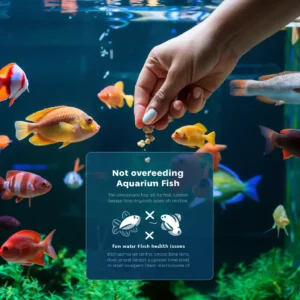
To determine how much to feed your fish, check the specific recommendations for your species. In general, only feed your fish as much food as they can eat in about 2 minutes at each feeding. For most community fish, that works out to feeding 2-3 small pinches of food 2-3 times per day.
Watch your fish carefully during feedings to get a sense of how much they can eat. If there are leftovers floating at the top of the tank or on the substrate after a few minutes, you’re overfeeding. Over time, overfeeding can lead to water quality issues, obesity, and other health problems in your fish.
It’s best to feed your fish on a regular schedule, at the same times every day. Most fish do well being fed 2-3 times per day, depending on the species. Don’t leave extra food in the tank between feedings. Only give your fish as much as they can eat during each feeding.
Finally, adjust the amount you feed based on factors like water temperature and activity level. Fish are more active and eat more in warm water. So in the summer, you may need to feed a bit more. Also, reduce feeding if your fish are less active, like in the winter or if the tank light is off.
With some careful monitoring, you’ll get a feel for the perfect amount to feed your fish. And by avoiding overfeeding and sticking to a regular feeding schedule, your fish will stay healthy and happy.
Signs You Are Overfeeding Your Aquarium
If you’re seeing fish floating at the top of the tank or lingering by the filter outlet, chances are you’re giving them too much food. Overfeeding your fish can be dangerous for their health and the water quality, so keep an eye out for these signs that it’s time to cut back.
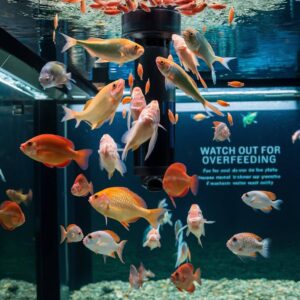
Excess Uneaten Food
The most obvious sign is if there are lots of uneaten food particles accumulating at the bottom of the tank or filter. Only give your fish as much food as they can eat in about 2 minutes at each feeding. Any more and it will go to waste, polluting the water. Use a gravel vacuum to remove any uneaten food from the substrate.
Cloudy Water
If your aquarium water seems cloudy or murky, overfeeding is usually the culprit. The excess food and fish waste release ammonia and other chemicals that can make the water unclear. Do some water tests to check the parameters and do a partial water change. Then, cut back to feeding only 2-3 small pinches of food 2-3 times a day until the water clears up.
Aggressive Fish Behavior
Too much food can also lead to aggressive behavior in some fish as they compete for the excess food. You may notice fish chasing or nipping at each other, especially at feeding time. Reduce the amount of food to curb this aggressive behavior and create a more peaceful environment in your tank.
Swimming Issues or Bloating in Fish
In severe cases of overfeeding, individual fish may develop swimming problems or appear bloated. The excess food expands in their digestive tract, making it difficult for them to swim normally or even stay buoyant. Stop feeding for 2-3 days and do a partial water change. Then resume feeding in moderation. If the fish still appears ill, it may need treatment for constipation or a swim bladder disorder.
The key is to find the right balance for your particular tank of fish. Start with small amounts of food 2-3 times a day and adjust based on how much your fish actually eat and the water conditions in your aquarium. Their health and your water quality will thank you!
Effects of Overfeeding on Water Quality
Overfeeding your fish may seem like an act of kindness, but it actually does more harm than good. Excess food that isn’t eaten will break down in the tank, polluting the water and potentially harming your fish.
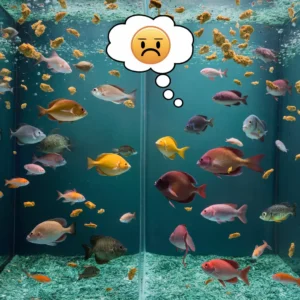
Cloudy water
Have you noticed your once-crystal-clear aquarium water is looking a bit murky lately? This is a sign you’re overfeeding. Uneaten fish food, along with fish waste, releases ammonia as it decomposes in the water. This can cloud the water and make it difficult for your fish to see clearly. Perform regular water changes and cut back on feeding to clear up cloudy water.
Algae growth
The excess nutrients from overfeeding also promote the growth of algae in the tank. You’ll notice green algae coating the glass, decorations, substrate, and even your plants. While algae is natural in small amounts, overfeeding gives it the fuel it needs to spread rapidly. In addition to reducing feeding, scrub algae off surfaces and increase lighting intervals to curb algae growth.
Poor water quality
High levels of ammonia, nitrites, and nitrates from overfeeding and fish waste will accumulate in the tank and deteriorate the water quality. Your fish can suffer from stress, disease, and even death in poor conditions. You may notice fish gasping at the surface or becoming lethargic. Immediately test your water parameters and perform water changes to bring levels back to a safe range. You should then re-evaluate your feeding schedule to prevent poor water quality in the long run.
By feeding your fish a balanced diet in appropriate amounts, you’ll avoid the harmful effects of overfeeding and keep your tank clean and your fish healthy. As a general rule, only feed your fish as much food as they can eat in about 2 minutes, 2-3 times per day. Your fish and your aquarium will thank you!
Tips to Prevent Overfeeding
Overfeeding your fish can seriously impact their health and the quality of your aquarium. Here are some tips to help prevent overfeeding your fish:
Only feed your fish as much food as they can eat in 2 minutes, 2-3 times per day.
Resist the urge to feed your fish every time you walk by the tank. Stick to a regular feeding schedule and only put in a small amount of food at each feeding. Watch your fish eat and remove any uneaten food from the tank after a couple of minutes. Excess food will pollute the water and lead to disease.
Choose a high-quality fish food and adjust amounts based on your fish size.
Select a food specifically for your type of fish and their life stage. For example, choose a flake food for small community fish, pellet food for medium-sized fish, and sticks or wafers for bottom-dwelling fish. Only feed your fish 2-3 small pinches of flake food or 3-6 pellets for every inch of fish. Adjust the amount up or down based on your fish’s body condition.
Don’t feed your fish for one or two non-consecutive days each week.
Fasting your fish one or two days a week, with non-consecutive days, can help prevent overfeeding. Fish in the wild do not eat every single day and intermittent fasting is natural for them. Fasting gives your fish’s digestive system a rest and helps prevent obesity and other health issues.
Perform regular partial water changes and monitor water parameters.
Even if you follow the proper feeding guidelines, excess uneaten food and fish waste can pollute the water. Perform 25-30% partial water changes weekly, checking your water parameters with test kits to ensure good water quality between changes. Healthy, clean water is essential for your fish’s health and to prevent disease.
By following these tips, you can easily prevent overfeeding your fish and keep your aquarium healthy and balanced. Resist the temptation to feed your fish too often or give them too much food at each feeding. With the proper care and nutrition, your fish can live long and healthy lives.
Conclusion
So there you have it, folks. Keeping your fish happy and healthy isn’t rocket science, but it does require paying attention and making a few easy tweaks to your feeding routine. Remember to feed only what they’ll eat in a few minutes, skip a day now and then, and watch their tummies, not your gut. A little restraint goes a long way. Your fish will thank you for it with brighter colors, increased activity, and longer lives. And you’ll have the satisfaction of knowing your tank is a haven, not a restaurant. So take control of that fish food container and use it wisely. Your underwater buddies are counting on you!
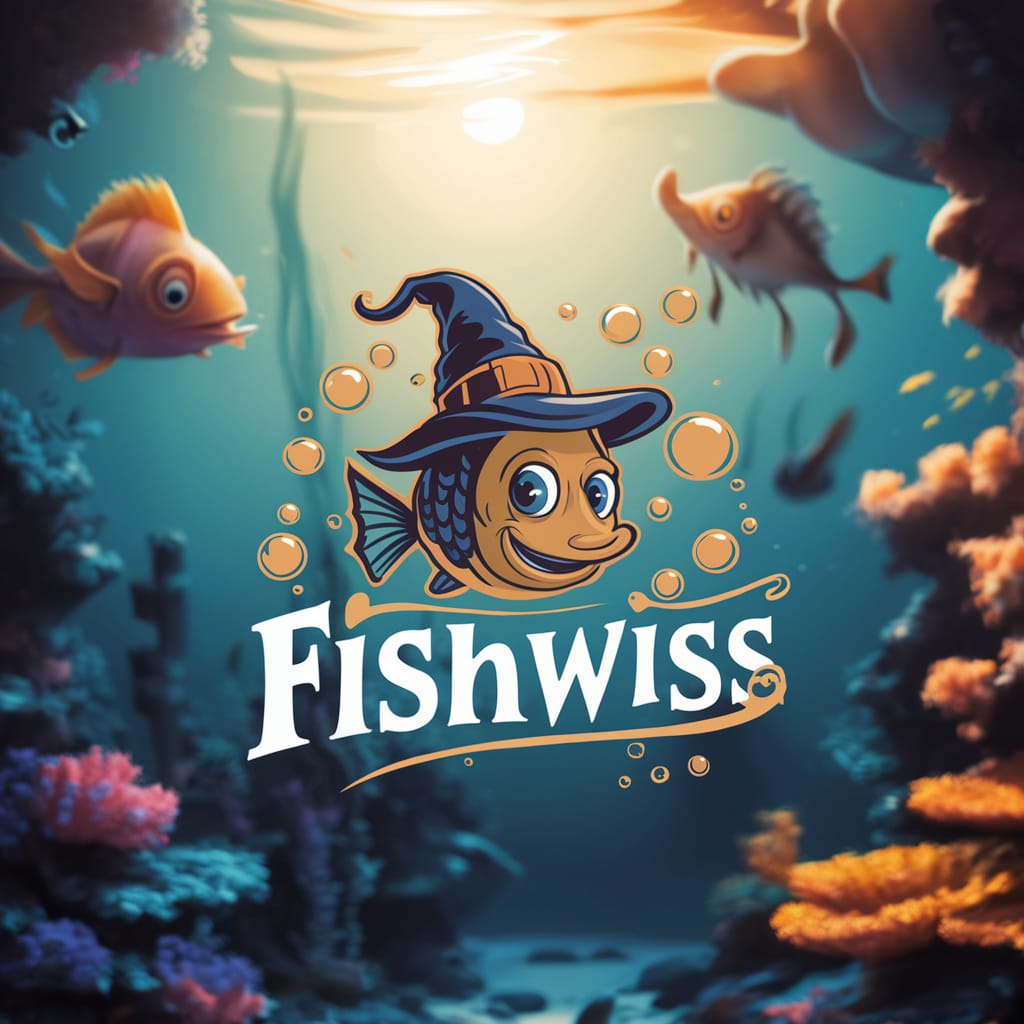
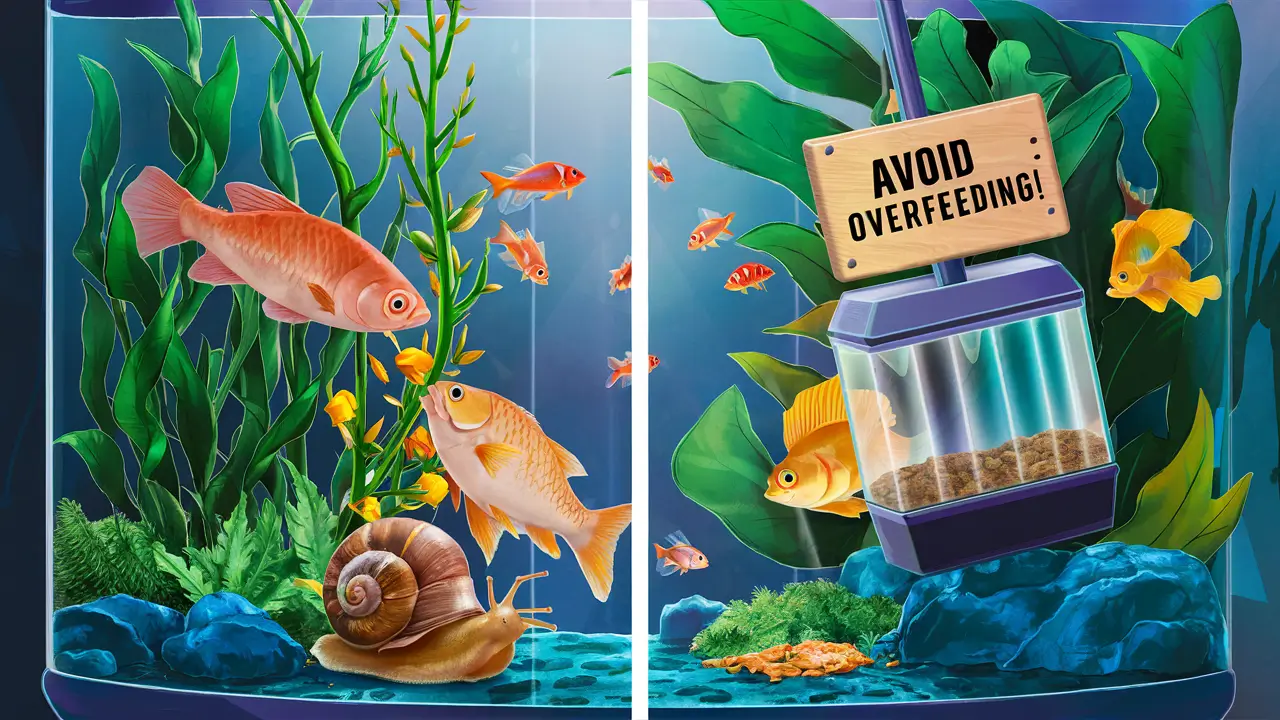
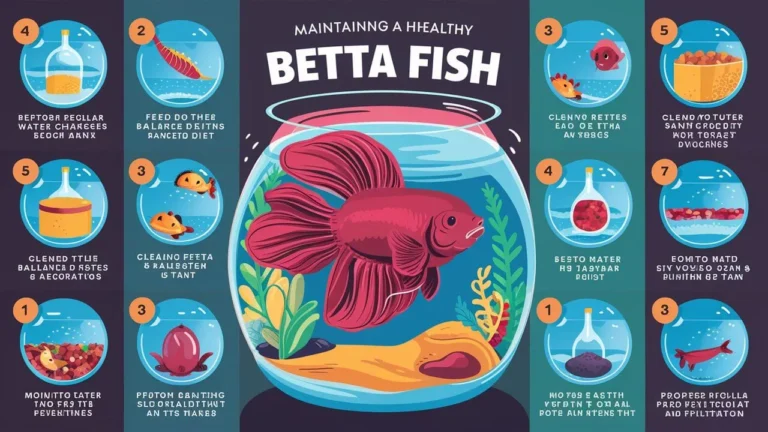
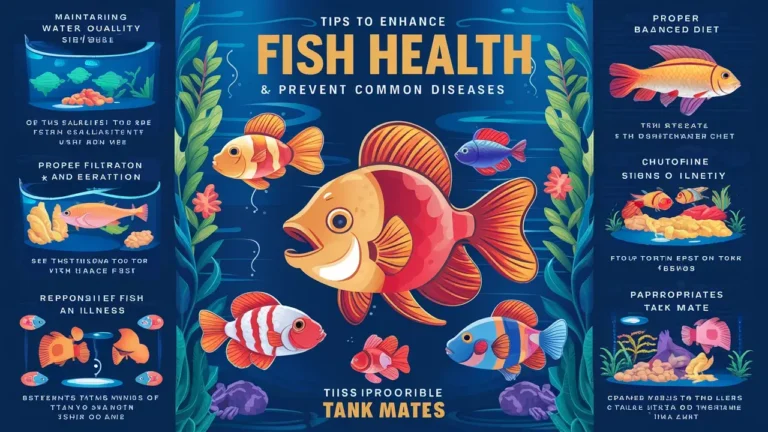
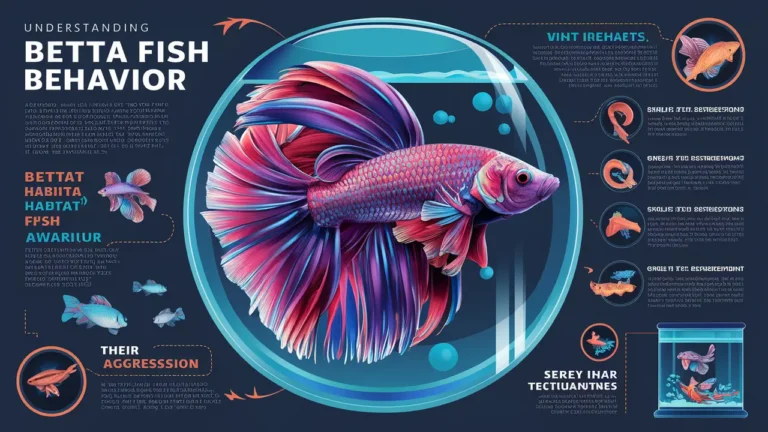
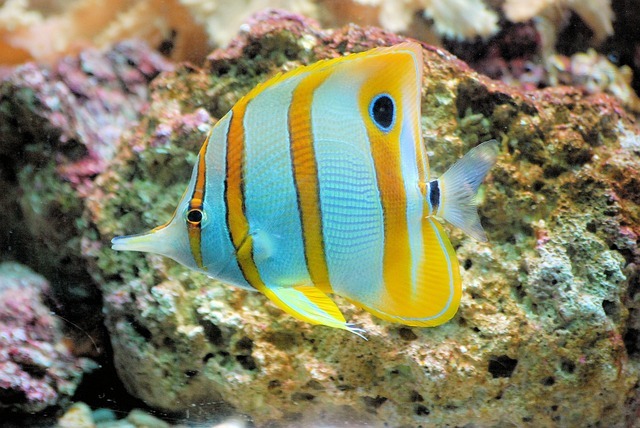
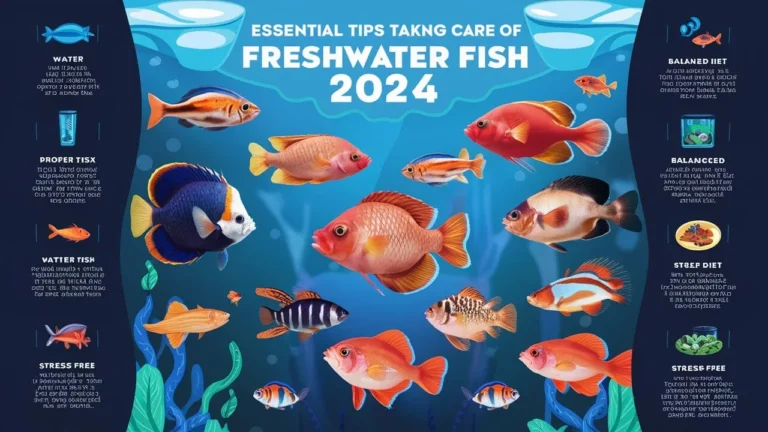

Your article helped me a lot, is there any more related content? Thanks!
I don’t think the title of your article matches the content lol. Just kidding, mainly because I had some doubts after reading the article.
Can you be more specific about the content of your article? After reading it, I still have some doubts. Hope you can help me.